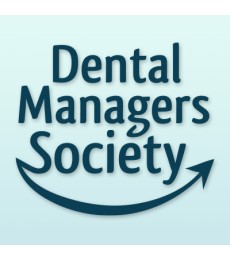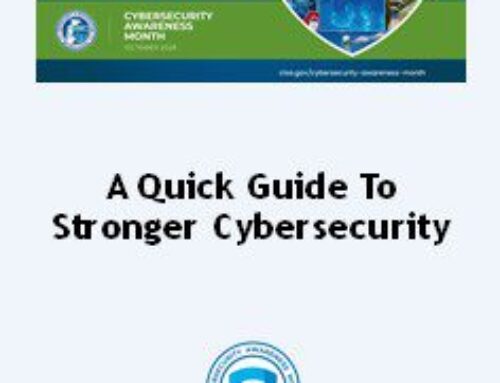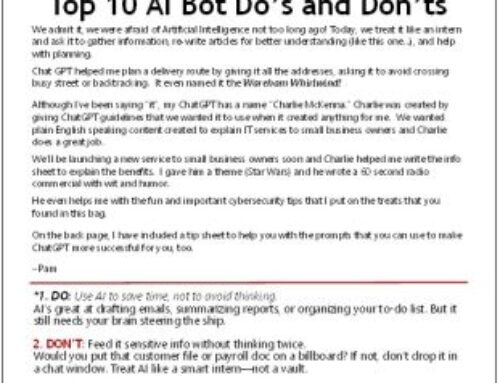Phishing scams are an ongoing problem; however, there is a HUGE increase in the number of scams that start around Thanksgiving and go through Christmas. Cybercriminals take advantage of distracted staff to launch targeted attacks.
1. Fake Shipping Notifications:
We recommend that you DO NOT click on ANY tracking links from FEDEX, UPS or the USPS. Instead, go directly to their website and type in the tracking number in question or log in to your account and check open orders directly. 1
2. Email Deals:
Don’t click that deal! If a sale sounds too good to be true, it probably is. Ask yourself, “Did I sign up for emails from this retailer? Did I ever supply my email address to this site?” If the answer is “No,” then immediately delete the email. Remember: on your computer you can hover over the link and check for typos, repeated letters, or strange words in the link that could indicate an impostor website. If you’re really interested in the sale, go to the retailer’s website or inquire with customer service to see if the sale is real.
3. Online Shopping:
It’s best to type in the URLs of your favorite holiday shopping sites manually, and only click top-ranked search results when browsing. This precaution will prevent any “malicious” links with executable codes from installing something nasty on your computer or device.
4. The Overcharge Scam
This credit card scam is gaining ground as fewer transactions are handled in cash and more shopping moves online. It goes like this: You get a call or a text telling you that your credit card was overcharged on a recent purchase. How helpful! The problem is that it isn’t true. The scammer will ask a bunch of questions intended to get at your personal information.
Don’t give sensitive personal information over the phone. Hang up. Check your credit card statement. If something there seems out of whack, contact your credit card issuer yourself by calling the number on the back of your card.
5. Bogus Charities
Cybercriminals play on our charitable nature during the holidays. Most legitimate charity websites use .org, not .com. Also, beware of charities with copycat names or small variations in the spelling of the website. If someone calls you seeking a donation, don’t give your credit card information, even if it seems legitimate. Write down any information they give you, then politely hang up. Search the web for the phone number and put quotation marks around the number in your search. Often, you’ll find that the number that called you has been previously been identified as a scam caller. Donate directly through its website if the charity is legitimate and you want to help.
6. eCards
Receiving an eCard, especially at Christmas is not unusual. However, as always, there are bad guys out there looking to take advantage and they see eCards as an easy way to do that. Malicious eCards can contain spyware or malware, designed to infect your computer and steal your data. In some cases eCards have been the source of ransomware, a virus that locks down your files and demands payment to unlock them. Here are some clues that can help you spot a malicious e-card; look out for spelling mistakes and poor grammar and never install .exe files.
7. Social Media Scams
Scammers create fake social media profiles to promote fake giveaways, sweepstakes, or discounts. They collect personal information or even infect your device with malware.
8. New Twist on Gift Card Scams
Criminals are now tampering with gift cards while they are still on the rack at the store.
They look for gift cards that are on display far from the checkout counter, so they are out of view. Then, they tamper with the packaging so they can record the card number and PIN before fixing the packaging to cover their tracks. Once they obtain the card number and PIN, they return the card to the rack and leave. Then they wait for you, or whoever buys the card, to activate it. Savvy scammers use a computer program to alert them when the card is activated. That’s when they quickly go online and drain the funds before you can use the card. A scam like this can go unnoticed for a long time because people often activate cards and let them sit around for weeks or even months before using them. To avoid a scam, you should be selective about where you buy gift cards. Don’t grab
the first one on the rack. Instead, ask for one behind the counter or next to the cashier. Look for any possible tampering on the packaging of the gift card — or you can stick to buying digital gift cards that a scammer will never physically come in contact with.
9. Money Transfers
Got an email from your boss telling you to transfer money? STOP – don’t do it! Well, don’t do it until you verify with a phone call that you’re supposed to send that money. This time of year cyber-criminals ramp up targeting those in finance and HR with phishing emails that look completely legitimate. Many banks and insurance companies are refusing to refund money stolen this way. The best thing you can do is slow down, take a few minutes and call whomever is asking you to send the money and verbally verify that you should.
10. The Hotspot Scam
It’s common advice to be careful when using a public Wi-Fi network, since crooks could be monitoring these networks. But sometimes the network itself is a trap, carefully laid by credit card scammers who are waiting to pounce on your information.
In this credit card scam, your smartphone or laptop finds a “public Wi-Fi hotspot,” and when you connect to it, you’re prompted for credit card information to pay for internet access. The hotspot is fake, and you’re actually giving your credit card information directly to the scammers. In other cases, the hotspot is free and does offer internet access, but the scammers watch your every move. They record passwords you enter, peek into your bank account when you check it and capture your data in other ways.
To protect yourself from these scams that only a Grinch could love, always be cautious when sharing personal or financial information online, verify the
legitimacy of websites and charities, and be skeptical of offers that seem too good to be true. Educate yourself and your loved ones about these scams to have a safer and more enjoyable holiday season.
Please mail the current infographic
Often 8 1/2" x 14 inches, we're happy to mail you one or enough for your whole team - just let us know.
ACTSmart IT
332 Main Street
Wareham, MA 02571
ACTSmartIT.com
Pam@ACTSmartIT.com






